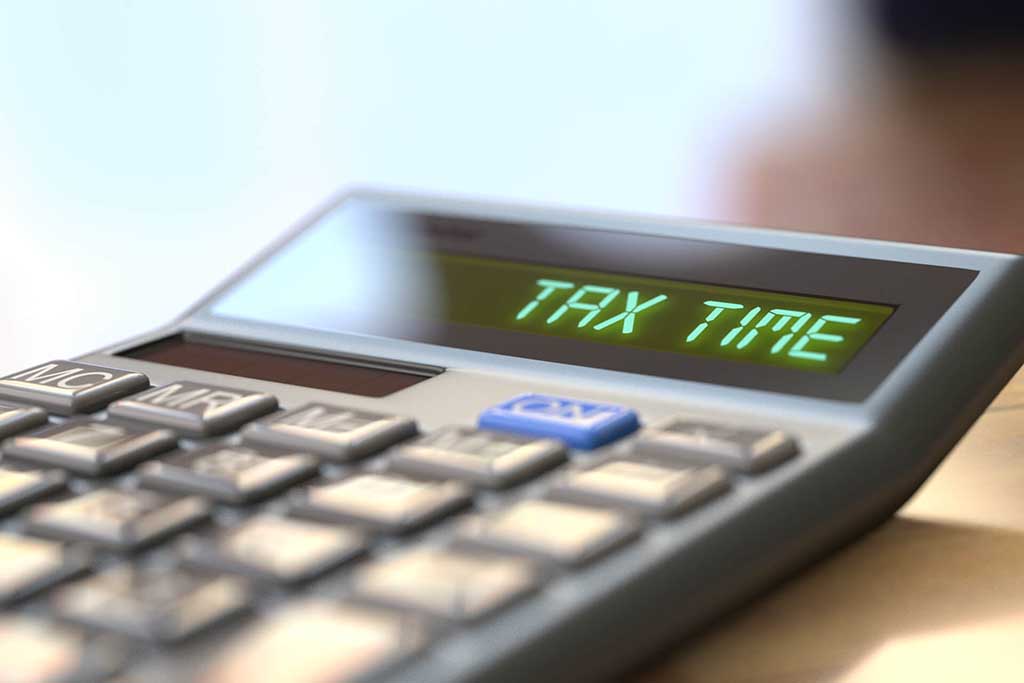
Problems of digital currency taxation, following IRS’s decision to treat it as property.
In March 2014, the Internal Revenue Service (IRS) issued guidance on virtual currencies, stating that cryptocurrency should be treated as property.
Today, in the digital world, virtual money is becoming a useful instrument for making purchases. Bitcoin exists only in cyberspace and is not controlled by any authority.
In certain countries, virtual currency is treated like “real” currency, the paper a coin that is used and accepted as a medium of exchange in the country of issuance, but at the same time it does not have legal status.
According to the IRS notice, general tax rules that apply to property transactions are also applicable to transactions using virtual currency, reports Forbes.
Given the treatment of virtual currency as a property, the bartering taxation could be a good example to see how the property taxation works. If someone is paid for work with a car as a barter, its price compensates the services. The amount of value becomes the basis of the car. If the car is then traded for another item, the second trade is a taxable transaction.
One of the main questions for bitcoin users is how to correctly determine the amount of tax to pay. Digital currency wallets include bitcoins from transactions with different basis and the amount of each basis will be different too. It is hard to say whether a taxpayer will be able to identify each bitcoin or correctly define the basis.
After correctly determining the basis, it is then necessary to analyze the value of each transaction made with the use of digital currency. The accounting will also be challenging if use the virtual currency for daily purchases in a large number of places.
The bitcoin users must take into account other issues in accordance with IRS. The IRS notice states:
- Wages paid to employees using virtual currency are taxable to the employee, must be reported by an employer on a Form W-2, and are subject to federal income tax withholding and payroll taxes.
- Payments using virtual currency made to independent contractors and other service providers are taxable and self-employment tax rules generally apply. Normally, payers must issue Form 1099.
- The character of gain or loss from the sale or exchange of virtual currency depends on whether the virtual currency is a capital asset in the hands of the taxpayer.
- A payment made using virtual currency is subject to information reporting to the same extent as any other payment made in property.
More employers are anticipated to pay their workers with digital currency, with some already using bitcoin for paying employees.


